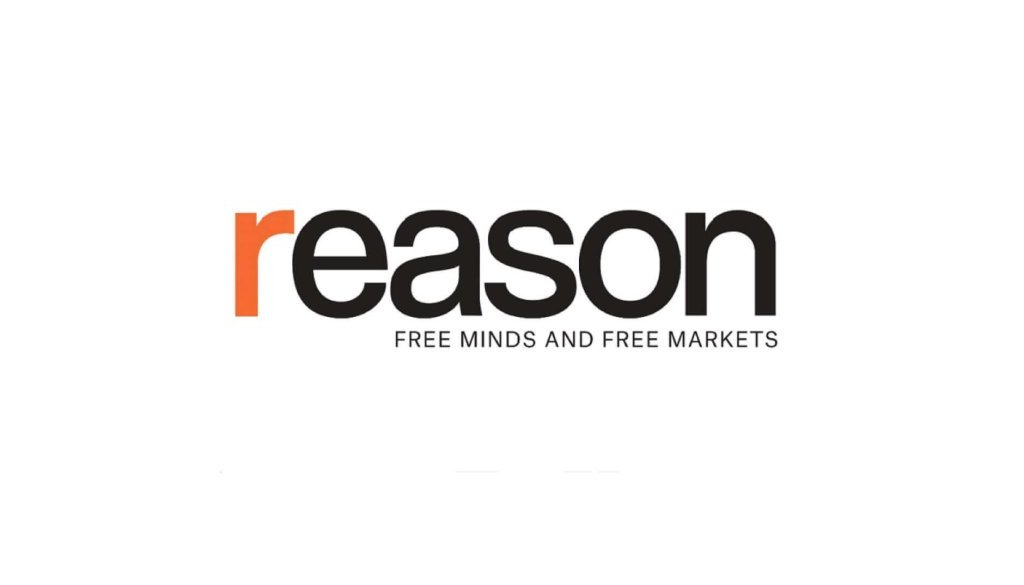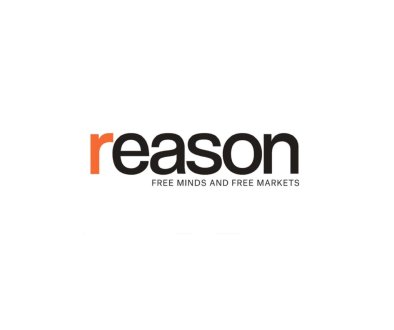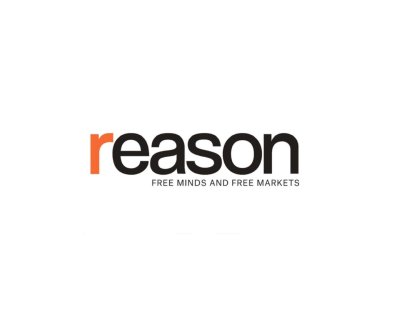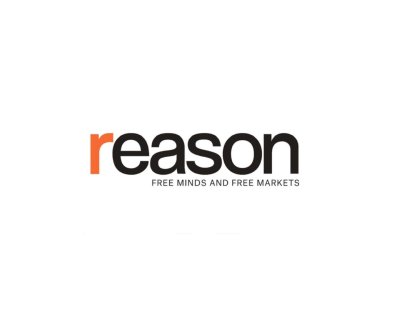DC Circuit Finds Some FINRA Authority Violates Private Nondelegation Doctrine
On Friday–the same day the Supreme Court granted certiorari in a case raising the private nondelegation doctrine–the U.S. Court of Appeals for the D.C. Circuit concluded that at least some of the authority wielded by the Financial Industry Regulatory Authority (FINRA), without adequate federal oversight, violates the private nondelegation doctrine.
Judge Millett wrote the 41-page opinion for the panel in Alpine Securities Corp. v. FINRA, joined by Chief Judge Srinivasan. Judge Walker concurred in the judgment in part and dissented in part, as he would have looked favorably on more of the challenge to FINRA than the majority.
Judge Millett summarized the case and the court’s conclusions as follows:
The United States securities industry is regulated by both private entities and the federal government. These private regulators, referred to as self-regulatory organizations, date back centuries to when groups of securities traders adopted self-governing rules by which they would conduct business and ensure public trust in their operations.
Today, a private corporation, the Financial Industry Regulatory Authority (“FINRA”), regulates and oversees large parts of the securities industry. Congress, however, has overlain federal law on those private self-regulatory practices. As relevant here, federal law effectively requires most firms and individuals that trade securities to join FINRA as a condition of engaging in that business. Federal law, in turn, subjects FINRA to oversight by the Securities and Exchange Commission (“SEC”) and requires that FINRA ensure that its members comply both wit
Article from Reason.com

The Reason Magazine website is a go-to destination for libertarians seeking cogent analysis, investigative reporting, and thought-provoking commentary. Championing the principles of individual freedom, limited government, and free markets, the site offers a diverse range of articles, videos, and podcasts that challenge conventional wisdom and advocate for libertarian solutions. Whether you’re interested in politics, culture, or technology, Reason provides a unique lens that prioritizes liberty and rational discourse. It’s an essential resource for those who value critical thinking and nuanced debate in the pursuit of a freer society.




